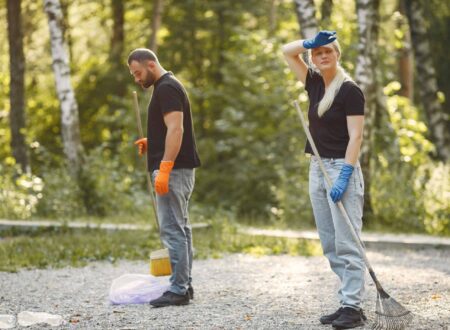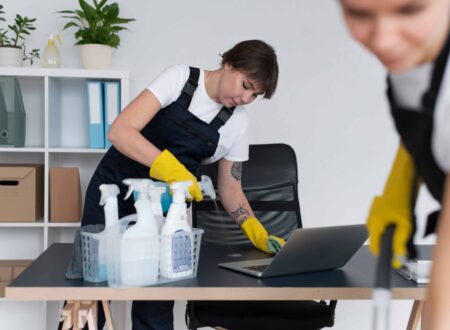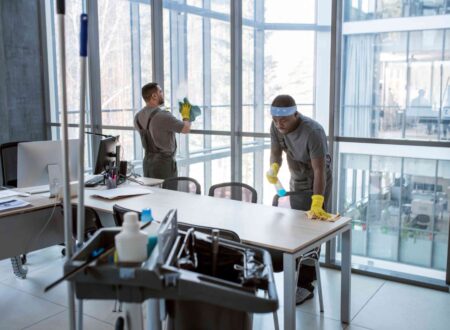Why Clean Toxin-Free?
Green cleaning is all the rage these days. After spending most of the past few years sheltered in our homes, we’ve all become wary of the potential allergens and toxins looming around our spaces and in our products. Many people have shifted into making more mindful choices about investing in more “green” products, but few are able to fully grasp the truths behind deceptive labels.
Don’t be fooled by beautiful green packaging! Though the incentives behind greenifying cleaning products often have good intentions, many still may be hiding sneaky fillers or chemicals in their ingredients…
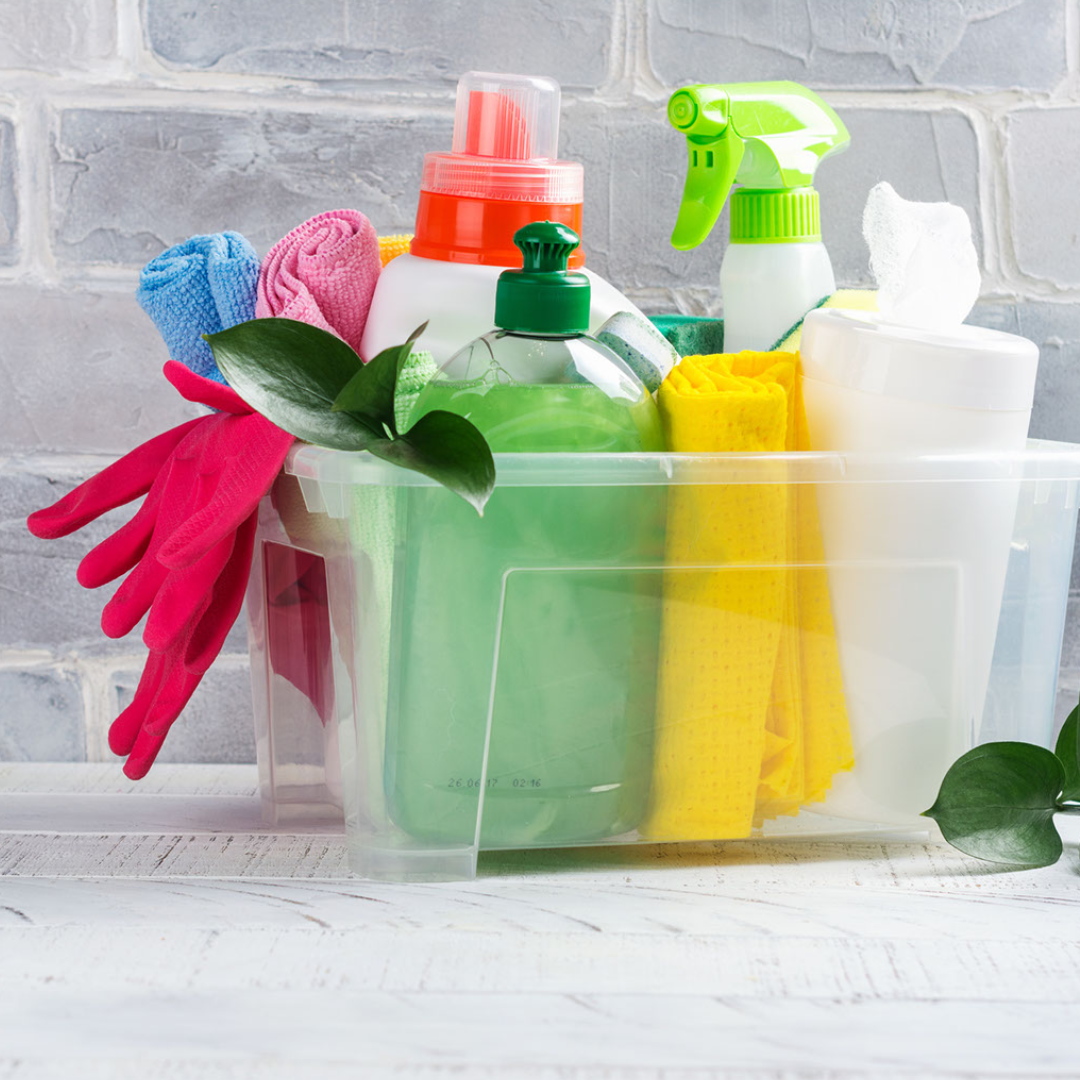
The Main Culprits
Most of us are aware of the well-known chemicals by name, such as ammonia, bleach, and chlorine and perhaps some of the lesser-known ones such as 2-butoxyethanol. But this begs the question, what could be so wrong with some of these tried-and-true remedies of our parents, and grandparents? Well, it turns out, a lot.
There is a common misconception that bleach is one of the few known chemicals that kills 100% of bacteria it comes across. While bleach is undoubtedly a great disinfectant, it rarely effectively eliminates all of the bacteria. Many also forget that bleach has a three-month shelf life, and unlike wine, it reduces its potency with age. Bleach can have serious health consequences if exposed to it in high doses, such as the risk of pneumonia as well as severe eye/throat/nose damage.
Ammonia is also a widely used chemical that is commonly found in polishing agents or glass cleaners. Since ammonia evaporates quickly, it leaves surfaces streak-free and is often used in commercial window cleaners. Direct contact with ammonia may cause severe irritations on the skin or eyes or other chronic conditions with prolonged inhalation.
Chlorine is another chemical still widely used in commercial and industrial applications. It’s often found in toilet bowl cleaners, disinfecting sprays, laundry detergents, and often municipal tap water. Because it’s commonly left on surfaces, overexposure to them over long periods of time can often have chronic effects on the body.
2-butoxyethanol is a colourless liquid with a fruity odour, used to give cleaning products, polishers, and cosmetics their characteristic sweet smell. The unfortunate thing is, proprietary laws don’t require 2-butoxyethanol to be listed on a product’s label. Make sure to be conscious of the smell and alternative names on labels such as ethylene glycol monobutyl. According to the EPA, it can cause severe liver and kidney damage, and there is no “safe” exposure level.
Hidden Chemicals
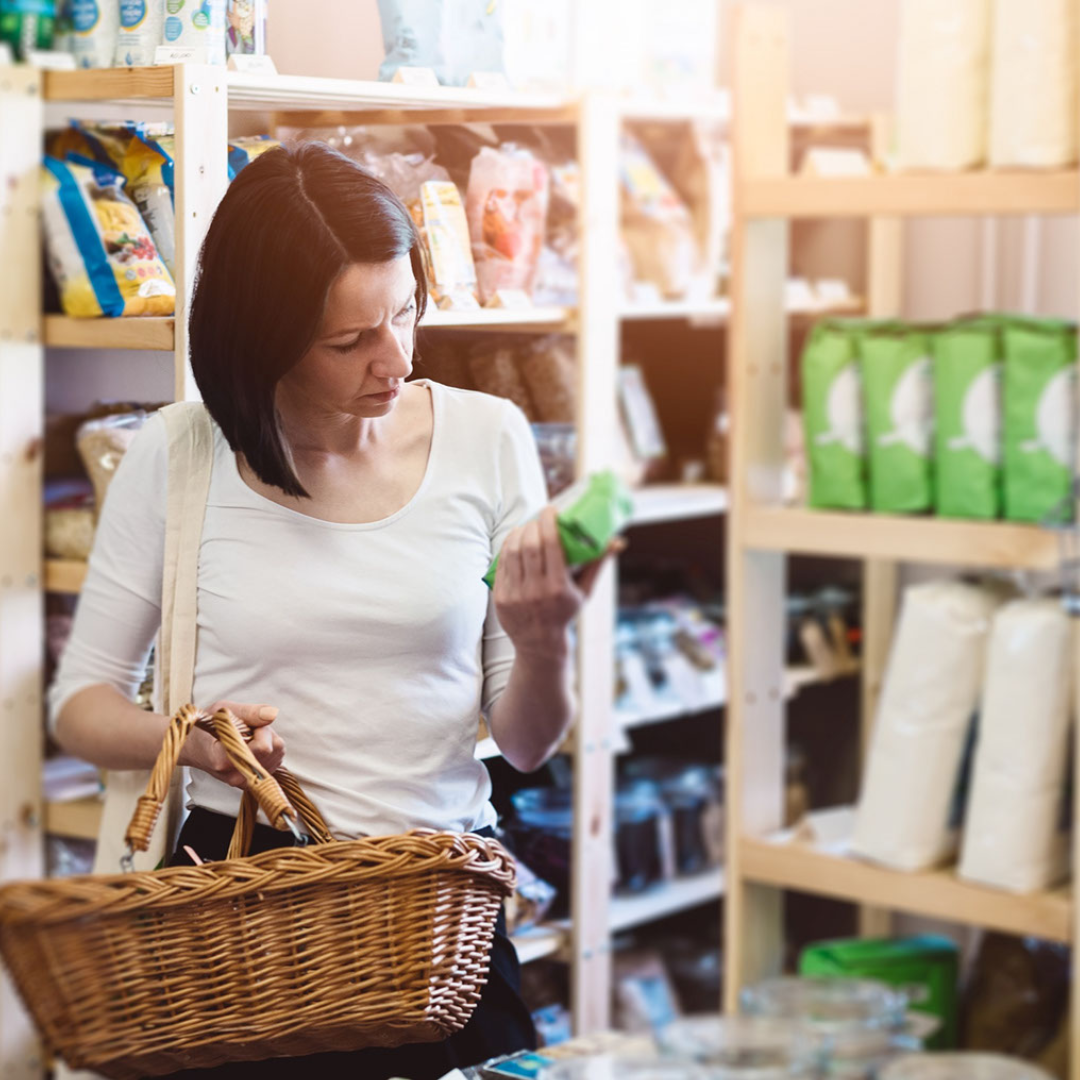
By shedding light on some of the hidden truths behind toxins in cleaning products, our hope is that you can look at cleaning product labels with a more skeptical eye. Unfortunately, often proprietary laws have loopholes that allow companies to not have to disclose entirely what’s actually in a product.
Particularly the term “fragrance” on a label, more often than not means that a product might contain phthalates, a known-hormone disruptor. These phthalates are a family of compounds that have been widely used for over half a century, in many applications such as personal care products, plastics, medication coatings, and cleaning products.
Mindful Toxin-Free Cleaning
Whether you’re spending most of your time at home, in the office, or in your retail space, there are many natural hacks to making your own chemical-free multi-purpose cleaners. White vinegar diluted with hot water works as a great replacement for an all-purpose cleaner for glass, floors, and surfaces. If you’re sensitive to the smell of vinegar try adding your favourite essential oil to the mix!
The health risks posed by these chemicals are often due to chronic exposure, and because we spend most of our time indoors, exposure to these products can be cumulative over time. We take care in playing detective on the labels of the products our cleaning crew uses, especially since we’re working around the clock 365 days a year.
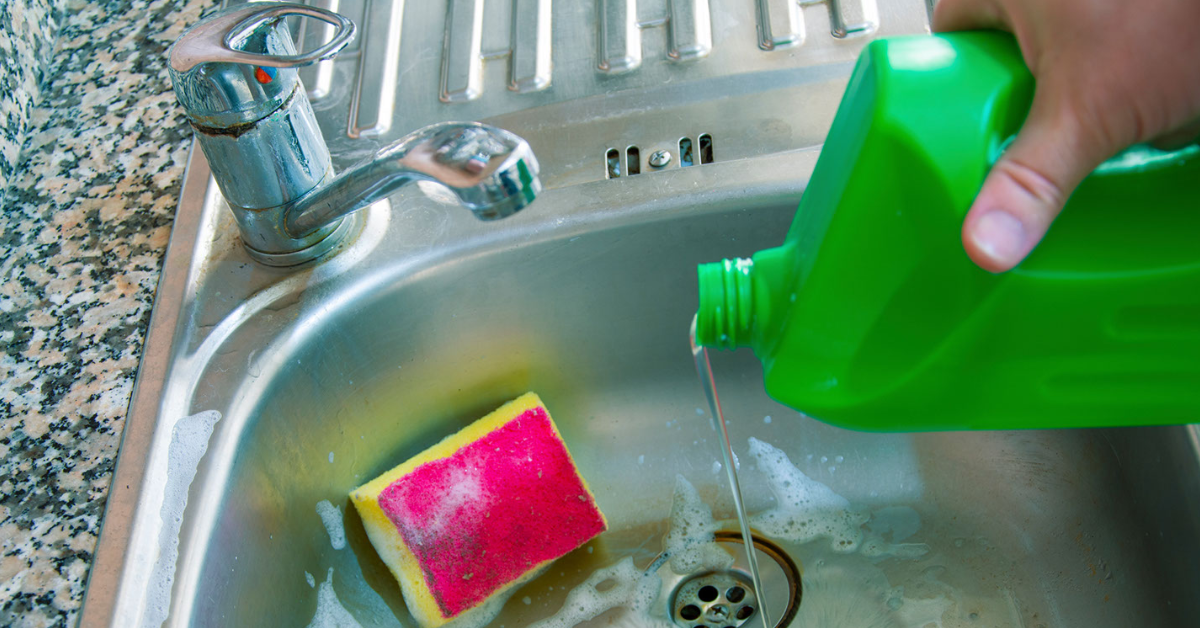
At Cameron Building Maintenance, we’re proud to be a leader in green cleaning practices in the Okanagan. By working with us as your Kelowna or Vernon janitorial services provider, you can be assured your staff and customers’ health and well-being will be taken into the highest consideration. Reach out to us today to learn more about the products we’re using and for more hacks on replacements for chemical-filled cleaning products.
For some of our other recent blogs on winter cleaning:
Sources:

